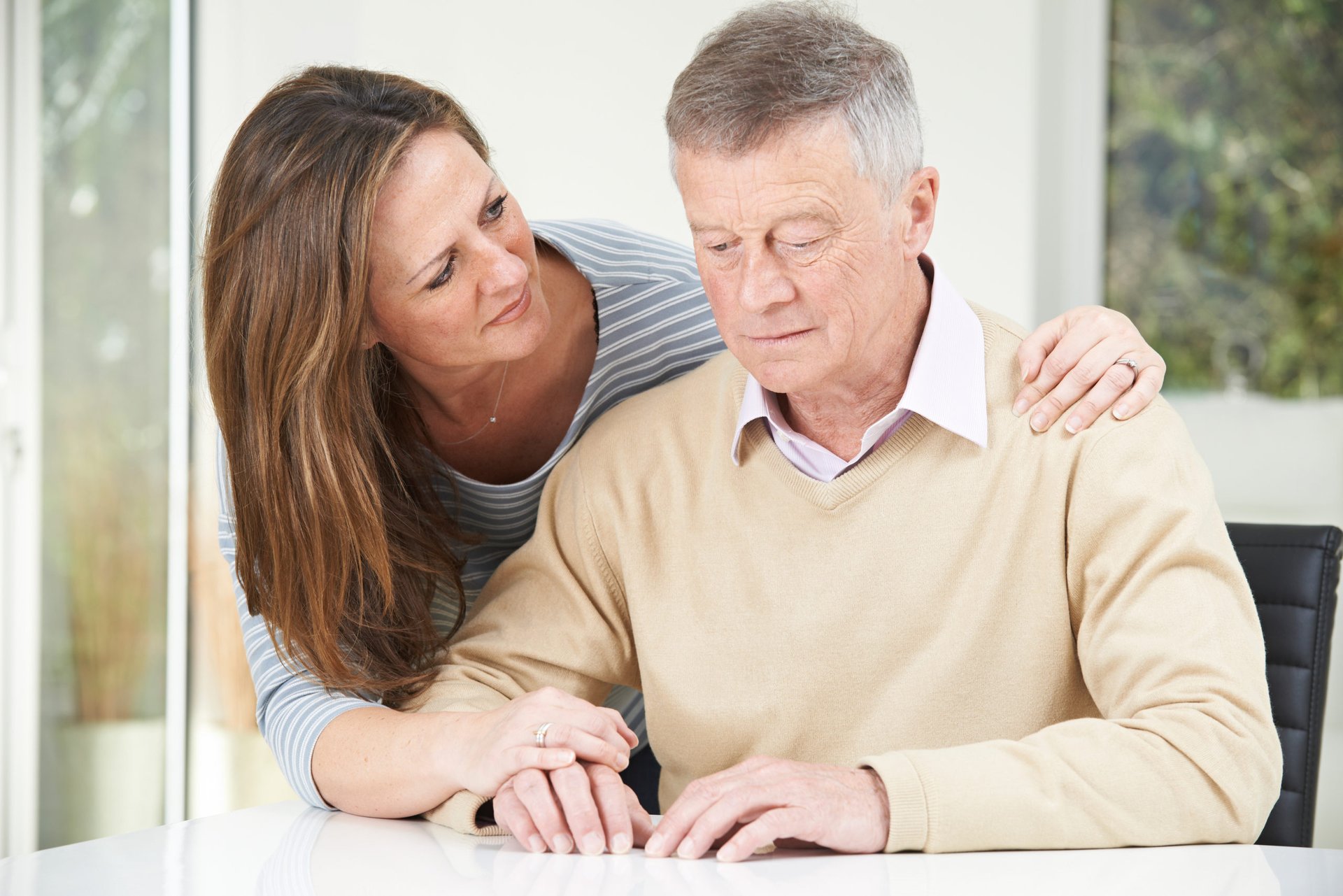
By now, most of us know about the early symptoms that indicate a coronavirus infection: high fever, dry cough and shortness of breath.
But older adults may display other symptoms not typically associated with COVID-19, according to a Kaiser Health News report.
These include more subtle indications that something is not right, such as:
- Sleeping more than usual
- Not eating
- Unusual apathy and confusion
- A loss of orientation to their surroundings
- Dizziness and potential falls
- Failure to speak
In some cases, a senior infected with the coronavirus may suddenly collapse. And seniors may not display fever, cough or shortness of breath despite being infected.
Why are older people more likely to experience unusual symptoms, rather than the typical signs of a coronavirus infection? It largely comes down to the aging process.
As we grow older, our immune system weakens and our ability to regulate body temperature changes, says Dr. Joseph Ouslander, a geriatrician and professor at Florida Atlantic University’s Schmidt College of Medicine.
He tells Kaiser Health:
“Underlying chronic illnesses can mask or interfere with signs of infection. Some older people, whether from age-related changes or previous neurologic issues such as a stroke, may have altered cough reflexes. Others with cognitive impairment may not be able to communicate their symptoms.
If you are older and experience any of the symptoms listed above — or if an older loved one displays them — you should let a doctor know immediately. Kaiser Health notes that it is especially important for seniors to receive treatment quickly if they have developed COVID-19.
Dr. Camille Vaughan, section chief of geriatric medicine and gerontology at Emory University, told Kaiser News:
“Someone may be just having a bad day. But if they’re not themselves for a couple of days, absolutely reach out to a primary care doctor or a local health system hotline to see if they meet the threshold for [coronavirus] testing.”
Vaughan adds that you may need to be persistent: “If you get a ‘no’ the first time and things aren’t improving, call back and ask again,” she says.
If you have a cough and wonder if it’s a cold or the coronavirus, check out “What Everyone Should Know About Coronavirus Symptoms.”





Add a Comment
Our Policy: We welcome relevant and respectful comments in order to foster healthy and informative discussions. All other comments may be removed. Comments with links are automatically held for moderation.